Are you looking for a way to simplify the process of granting authority to someone you trust? A power of attorney can be a crucial tool in managing your affairs, whether for health decisions or financial matters. In this article, we'll explore how to create a power of attorney letter that's not only effective but also easy to understand. So, if you're ready to take control of your future, keep reading to discover the steps and important considerations involved!
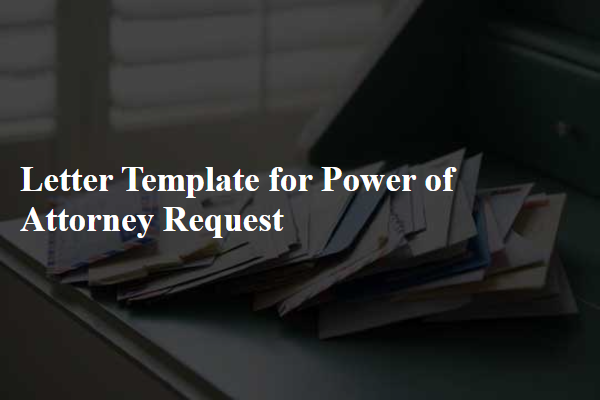
Principal's Full Information
Creating a power of attorney involves sensitive personal information. The principal's full information typically includes: full legal name, residential address (including city, state, and zip code), date of birth, and Social Security number. This information establishes the identity of the principal, ensuring clarity and legal validity in the document. The residential address provides jurisdictional context, linking the principal to applicable state laws. Including the date of birth helps confirm identity and prevents potential fraud, while the Social Security number serves to further verify the principal's identity in legal matters.
Agent's Full Information
The power of attorney (POA) document grants another individual the authority to act on behalf of another in legal or financial matters. When designating an agent, including the agent's full information is crucial for clarity and legal validity. The full name of the agent, which uniquely identifies the person, should be accompanied by their residential address, including street address, city, state, and ZIP code, ensuring proper identification. Contact details, such as a valid phone number and email address, are essential for communication purposes and facilitate the execution of duties. The date of birth can also be requested to prevent any potential confusion with individuals who have similar names. Providing a detailed description of the powers granted to the agent, covering specific responsibilities such as managing bank accounts or making medical decisions, ensures comprehensive understanding of the agent's roles and obligations.
Specific Powers Granted
A power of attorney (POA) document clearly delineates the specific powers granted to the designated agent, often referred to as the attorney-in-fact. This may include authority over financial matters such as managing bank accounts, executing contracts, and filing taxes. Health care decisions can also be encompassed, enabling the agent to make medical choices on behalf of the principal during incapacitation. Real estate transactions, including buying, selling, or leasing property, may be included for comprehensive management of assets. Such legal empowerment must comply with relevant state laws, ensuring clarity and protection for all parties involved in locations such as California or New York. Proper execution often mandates notarization and witnessing, safeguarding the validity of the document against potential disputes.
Duration of Authority
A power of attorney (POA) document grants an individual the authority to act on behalf of another person in legal or financial matters. The duration of this authority may vary based on specific provisions outlined in the document. For instance, a durable power of attorney remains effective even if the principal becomes incapacitated, whereas a non-durable power of attorney becomes invalid upon incapacitation. It's crucial to specify the duration clearly, such as a fixed term (e.g., "effective from January 1, 2024, to December 31, 2024") or until a specific event occurs (e.g., "until the sale of the property located at 123 Main Street, Springfield"). This ensures clarity and legal validity, providing peace of mind for both the principal and the agent. Always consider consulting a legal professional when drafting such documents to abide by local laws and regulations.
Notarization and Witness Signatures
A power of attorney document requires notarization to ensure its legality and authenticity. Notarization involves a licensed notary public validating the identities of the individuals signing the document, typically through government-issued identification such as a driver's license or passport. Additionally, witness signatures may be needed to confirm that the principal, the person granting authority, willingly and knowingly executed the document. State laws vary regarding the necessity of witnesses; some states require one witness, while others may need two. It is crucial to identify the specific requirements for the state where the power of attorney will be executed, as this will affect the document's validity and enforceability in legal matters. Always consult legal expertise when drafting this important legal instrument.

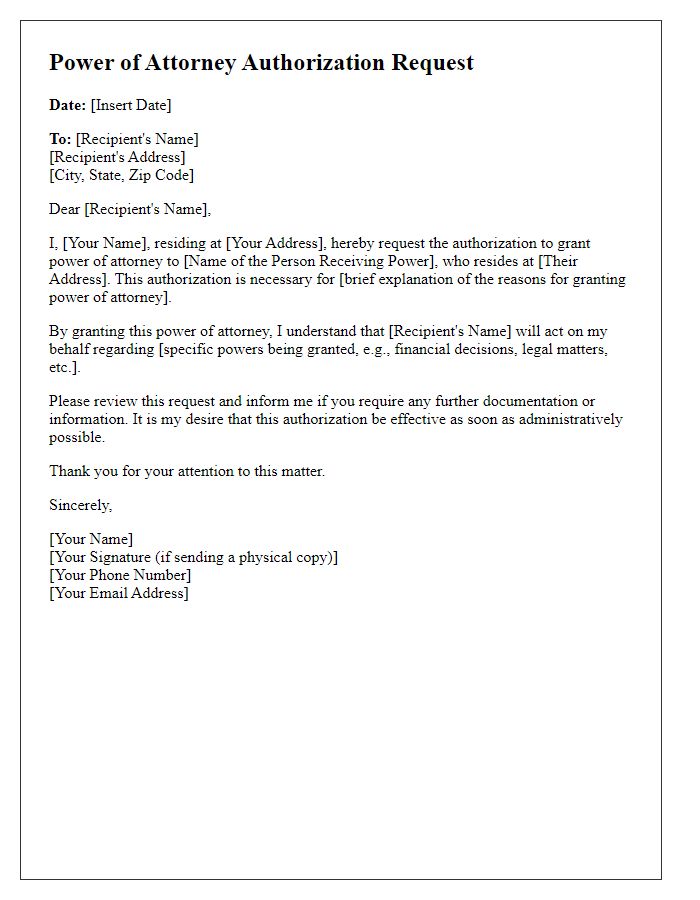
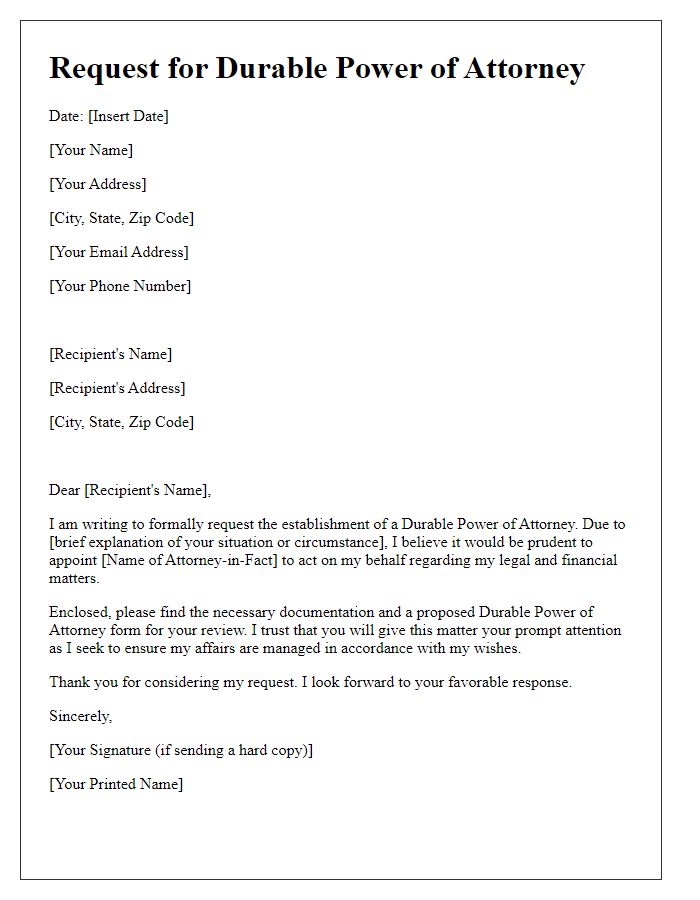
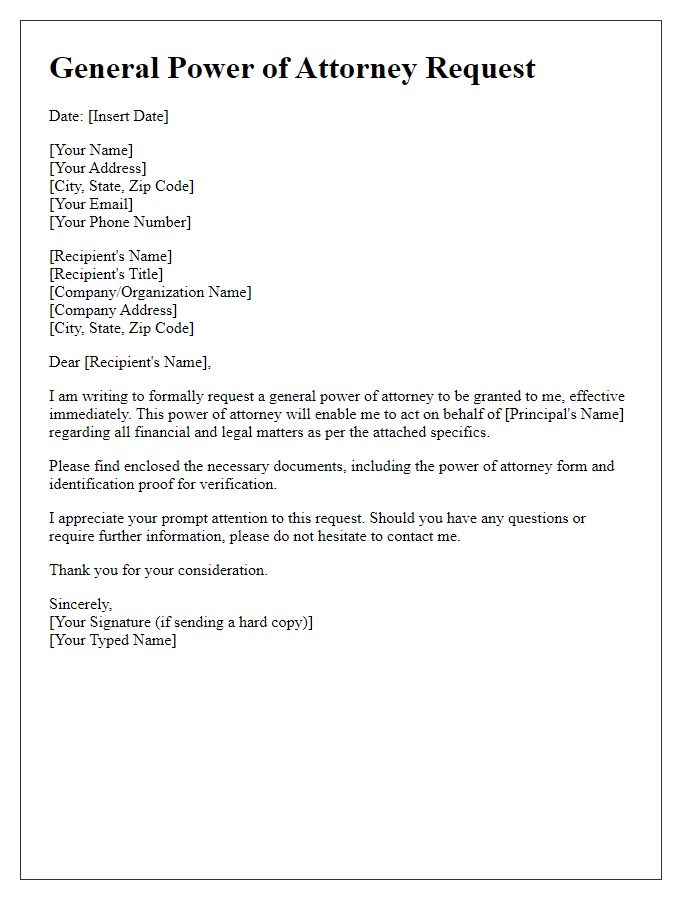
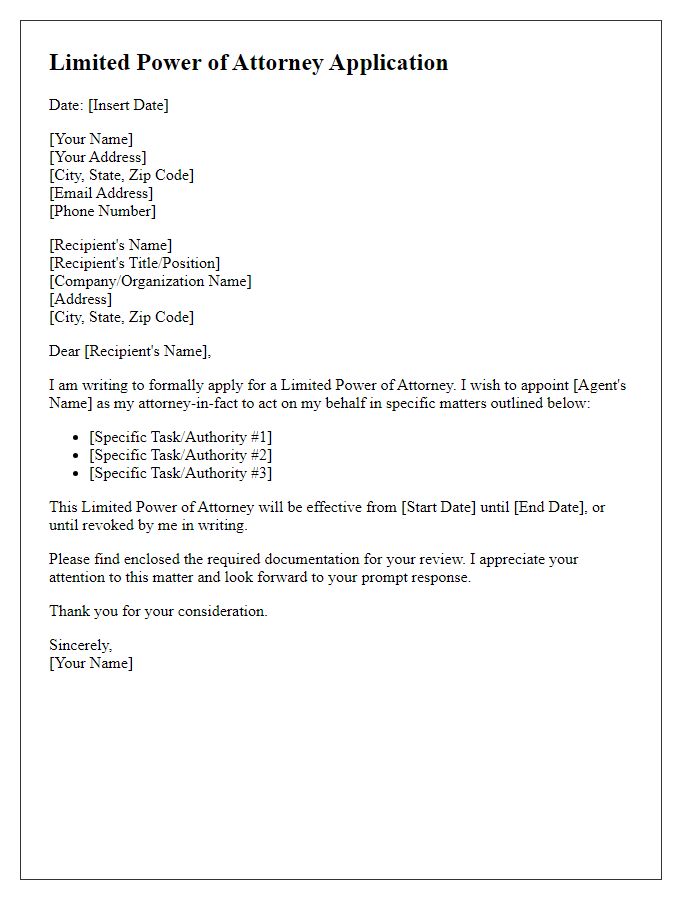
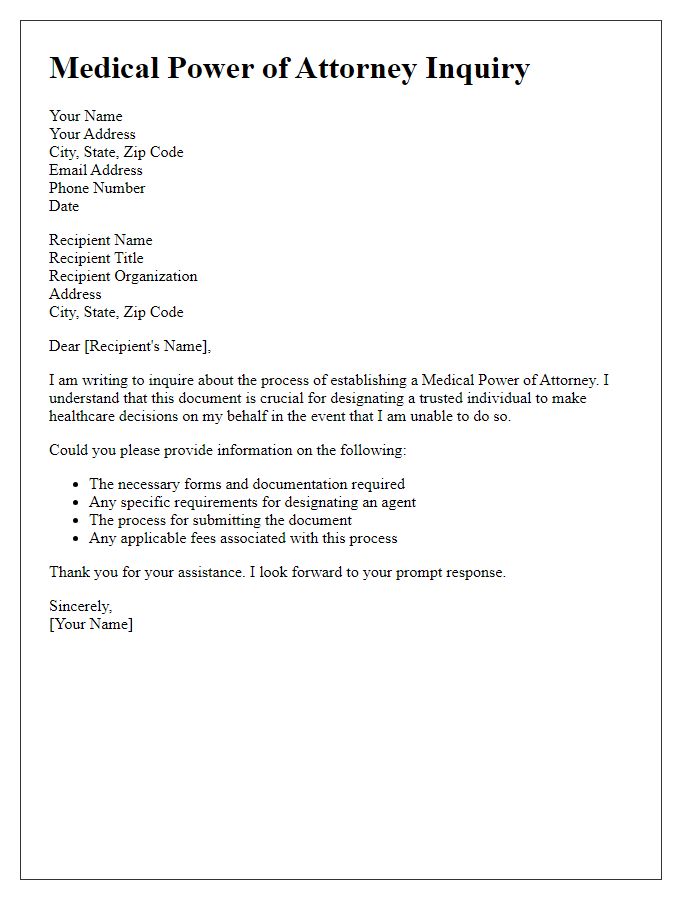
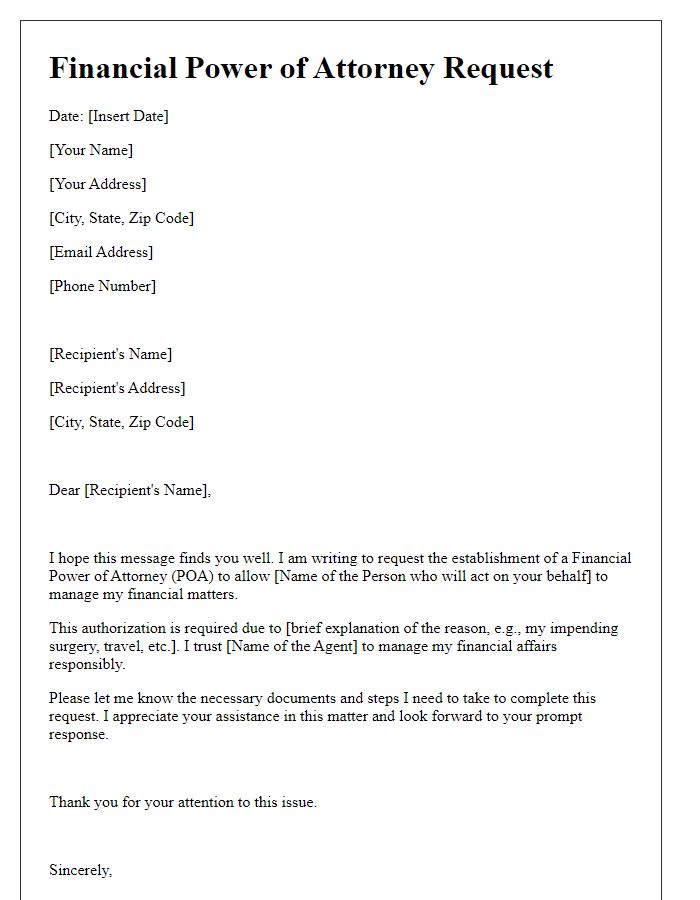
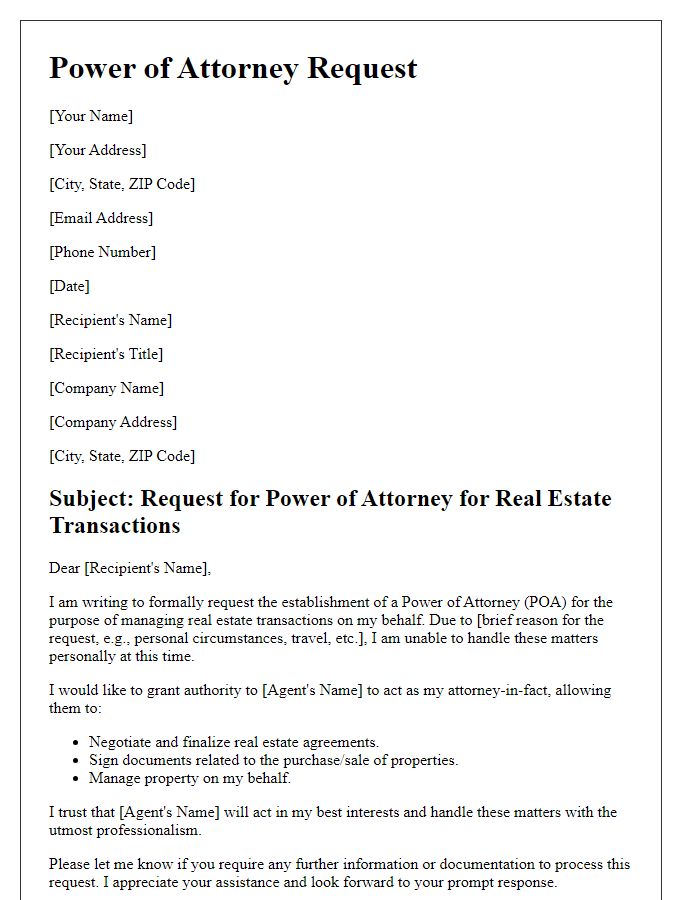
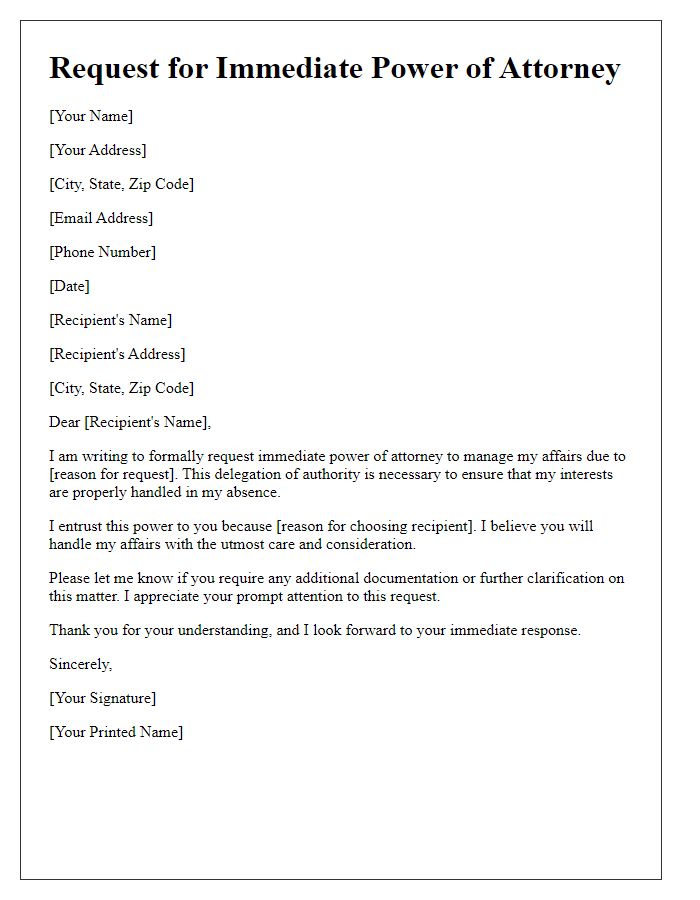
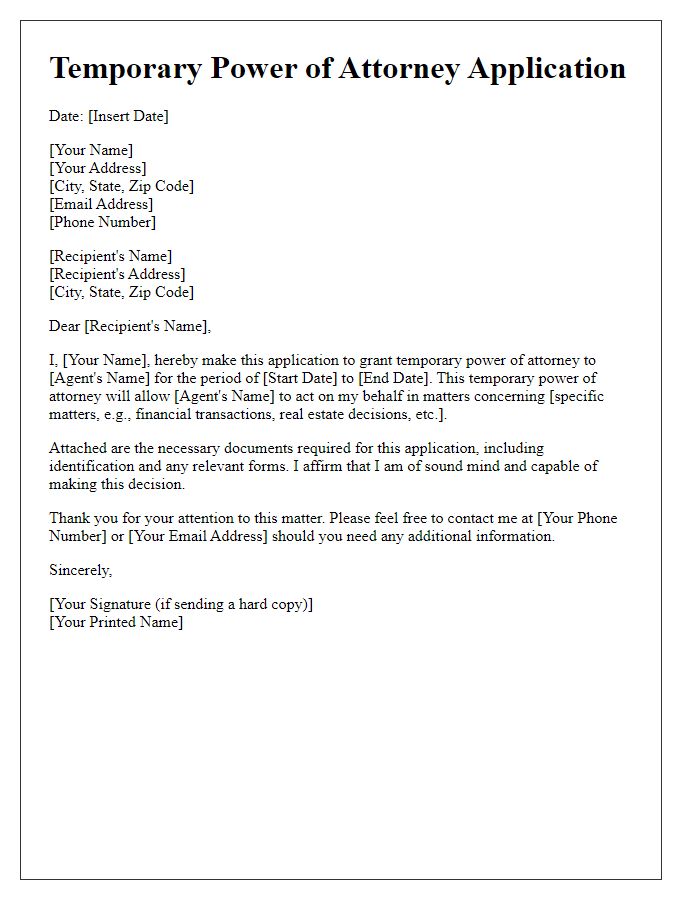
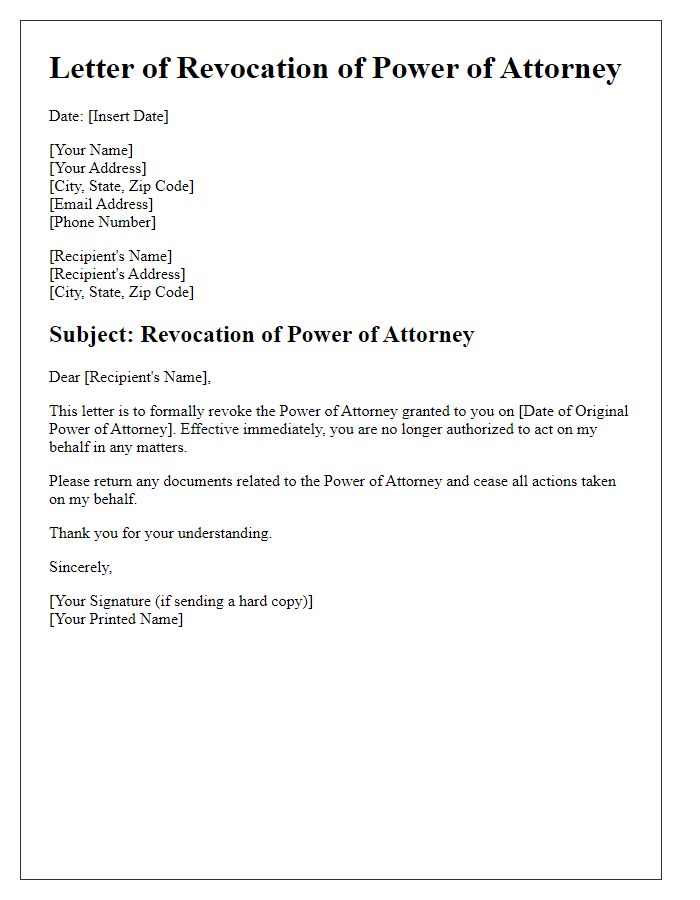

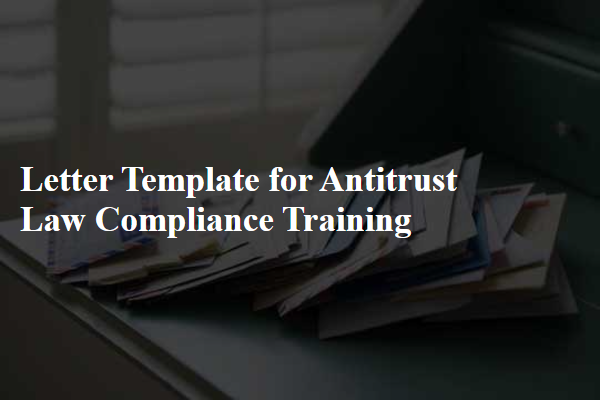
Comments